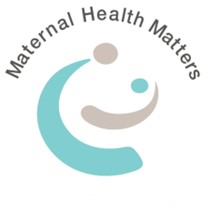Consent and refusal of procedures during labour and birth
Not involving a woman fully in decision making, results in her discomfort and disempowerment = disrespectful care

Informed consent is ethically and legally required. Informed consent is an important aspect of woman-centred care.
Not being asked for consent for procedures during labour and birth is an important factor by women who had a negative or traumatic birth experience. We know from our survey results that consent is frequently absent in maternity care, and we know of procedures being performed in spite of the woman’s explicit refusal.
A new study of over 11,000 women, Consent and refusal of procedures during labour and birth, concludes that more awareness is needed on the importance of obtaining genuine consent, including respecting refusal, in order to improve the quality of maternity care. The researchers suggest that the challenges in meeting consent requirements during labour and birth need to be addressed. This can be achieved by genuine relationship care and we know that midwifery led continuity of care is correlated with high relationship, high value outcomes.
While we agree that consent in maternity care is an ongoing issue, however we question if awareness truly the issue! A woman’s right to control what happens to her body is enshrined in law but as this and other studies demonstrate this right is frequently violated in practice. What is required is attitude change where informed consent is a process of effective communication between a provider and the woman and not just a signature on a form.
Being involved – your right to make informed decisions
#mattersmaternal #respectfulmaternitycare
